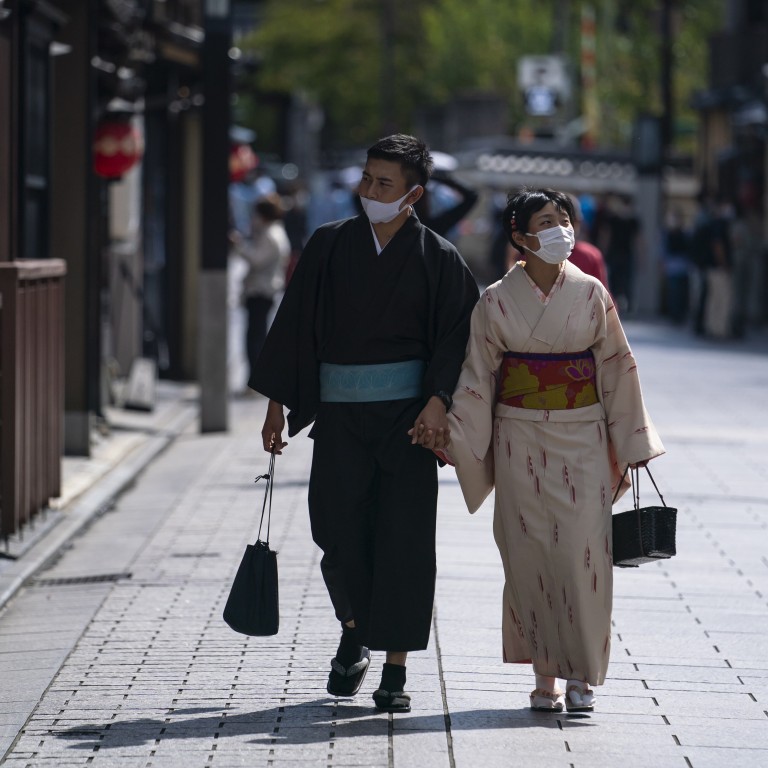Japan travel bubble: what countries are included, do I need a Covid-19 test and how will it affect the 2021 Tokyo Olympics?

Japanese residents get green light for Asian travel, while hotel openings and discounted train tickets encourage locals to spend
The Covid-19 pandemic has hit the travel industry hard around the world, and Japan is no exception. Most international travel to and around Japan remains on hold, but domestic tourism has slowly picked up, with locals venturing out to explore their own backyard.
The country has been focusing on planning ahead in the hopes of opening up more by next spring. There’s the postponed Tokyo 2020 Olympic and Paralympic Games to look forward to, for instance, and some new hotels are opening in anticipation of tourism’s eventual return to something like the record levels of pre-pandemic times.
Currently, most international travel to and from Japan is suspended unless you are a Japanese national or hold resident status in the country. As detailed by the Ministry of Foreign Affairs, Japan still has a ban on visitors from over 150 countries.
Slowly though, Japan has started relaxing its borders, and even implementing travel bubbles. Japan started a bubble in early September targeting select countries in Asia including Thailand, Vietnam, Cambodia, Laos, Malaysia, Myanmar and Taiwan, whose citizens are now allowed reciprocal travel if they are long-term residents of Japan. Singapore and South Korea have also been allowed selective travel to the country but that bubble is mainly focused on short-term business travellers. On November 1, the bubble was extended to include business travellers from Australia, Brunei, China, Hong Kong, Macau and New Zealand too.
Travellers visiting Japan still need to submit a negative Covid-19 test certificate upon arrival. They may be subject to a further test at the arrival airport and/or need to follow a two-week quarantine period. As the situation is somewhat fluid, it is advisable to consult the Ministry of Foreign Affairs website for the latest information on their Residence Track and Business Track restrictions and measures.
Although international travel is heavily restricted, domestic tourism has been actively boosted over the past few months with a Go To travel campaign, encouraging locals to get out and explore, and offering hotel, Shinkansen (bullet train) and food discounts and packages. The Japanese government has allotted 1.35 trillion yen (US$12.9 billion) towards the campaign which covered over 25 million domestic overnight stays in September and October alone. They say they may extend the promotional period into the new year if there’s still money left. Although this has been a useful temporary solution, it’s unlikely to be enough to keep the industry afloat if borders are still unable to open to international tourists by next year.